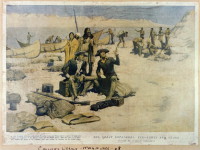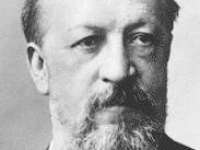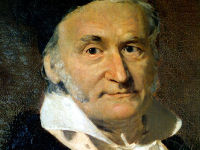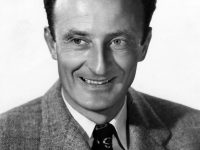The American Expedition of Lewis and Clark
On May 14, 1804, American explorers Meriwether Lewis and William Clark departed for the first American expedition to cross what is now the western portion of the United States, departing from St. Louis on the Mississippi River making their way westward through the continental divide to the Pacific coast. An American Expedition To cross Northern America from the east to the west, and doing this even more than 200 years ago, this really…
Read more











